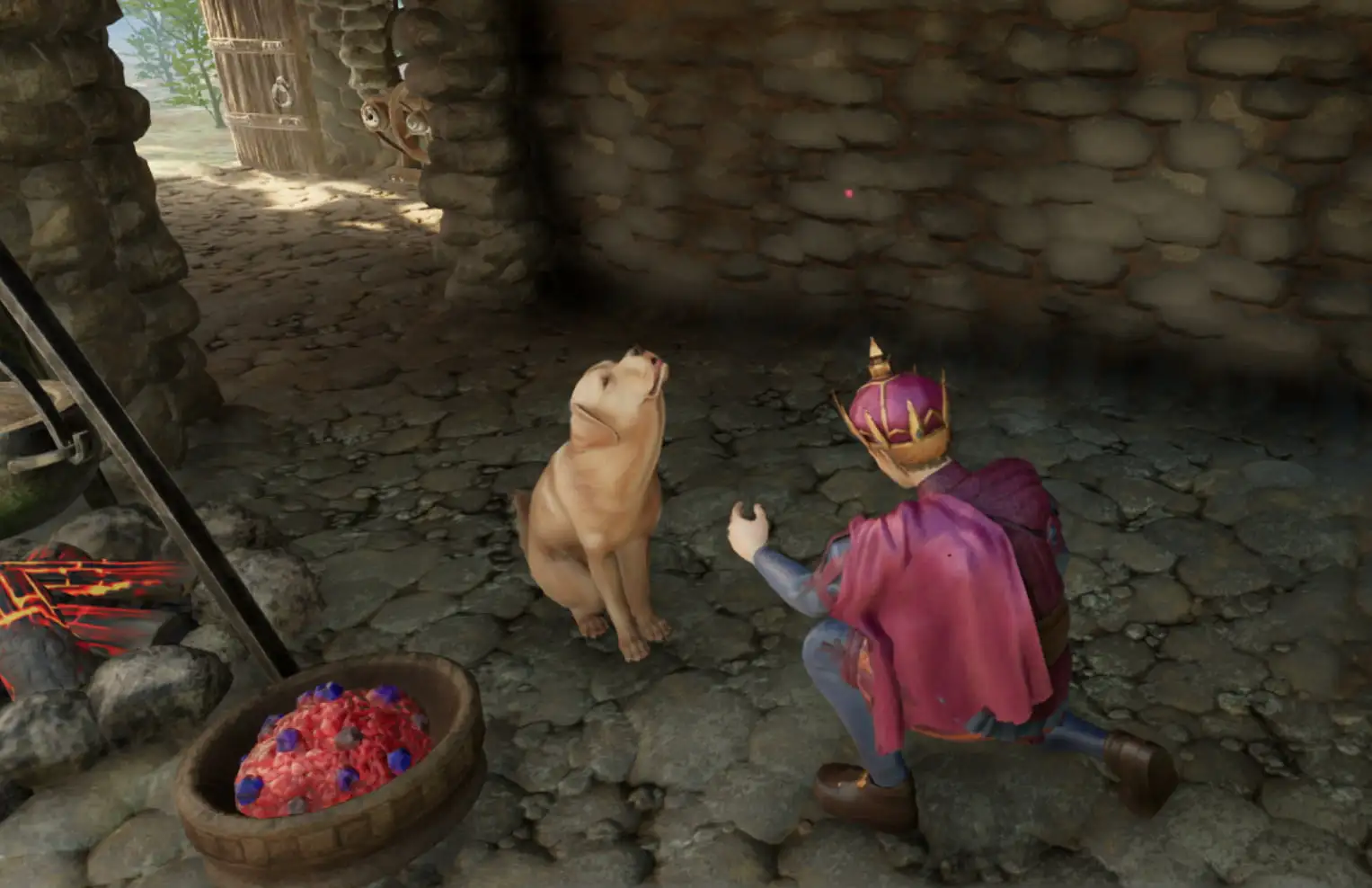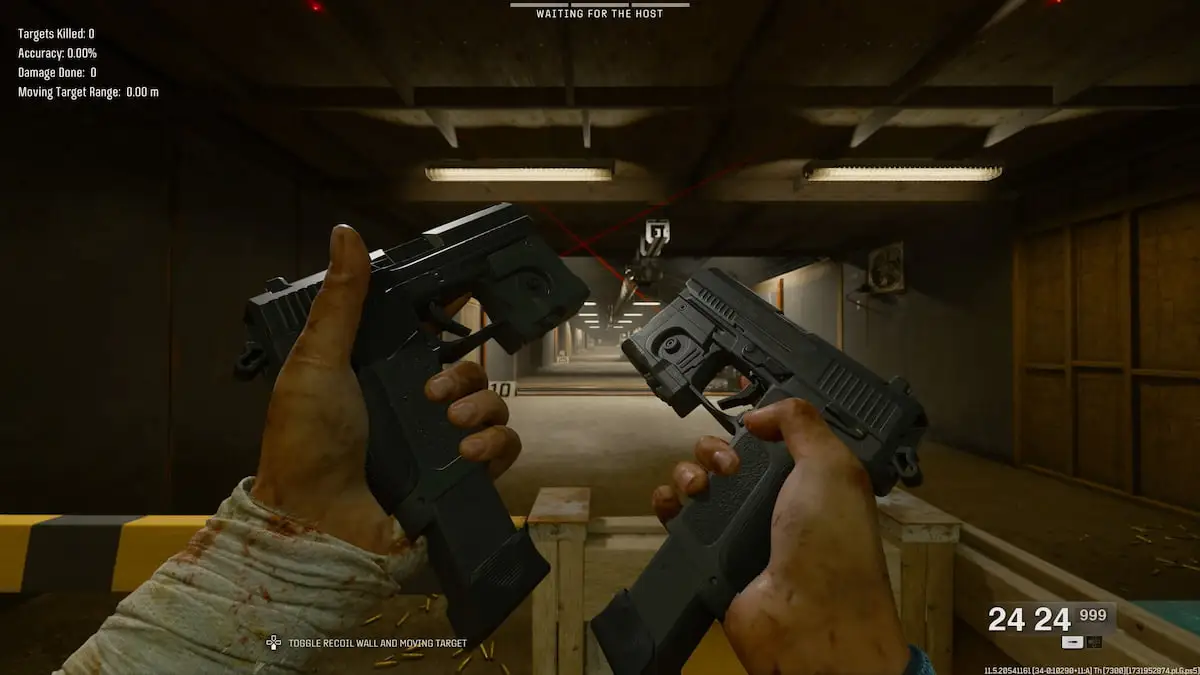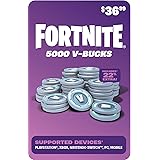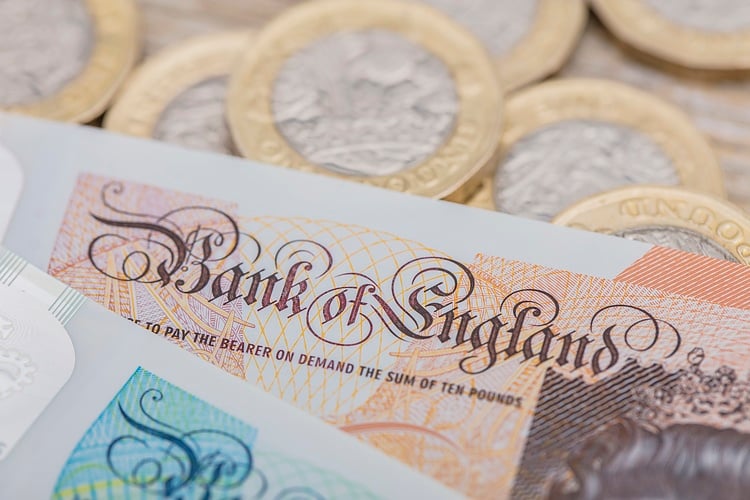Bed Bath & Beyond (BBBY) suffered a terrible tragedy earlier this month when its chief financial officer, Gustavo Arnal, took his life. As I told Good Morning America on September 6, Arnal was trying to solve significant business and financial challenges — which to a large extent are due to BBBY’s failure to solve the right problem.
This brings to mind the 2008 bankruptcy of electronics retailer Circuit City. As I wrote last November, Circuit City’s bankruptcy was due to its inability to pay back the money it had borrowed to stock its shelves with inventory that customers were not buying.
In applying so-called 5 Whys analysis — in which an analyst seeks to get to the bottom of a problem by asking ‘Why’ to a chain of questions — it became clear that Circuit City was solving the wrong problem — trying to boost Circuit City’s earnings per share so its CEO could earn a big bonus.
How so? Customers did not buy the products that Circuit City had on its shelves because customers were shopping at Best Buy and Amazon instead. The reason for that was a huge spike in customer complaints about Circuit City’s service (along with its poor locations and failure to stock merchandise that customers wanted).
The poor service ratings came in the wake of Circuit City’s decision to replace 3,400 experienced sales people with 2,100 lower wage inexperienced people. The CEO did this to lower costs, boost EPS and receive a $7 million bonus.
I think BBBY’s board could gain considerable insight by conducting a 5 Whys analysis of its most urgent challenge — which is that it appears to be very short on cash. Here is how I would do this analysis for BBBY.
1. Why is BBBY short on cash?
What we know about BBBY’s cash position is not encouraging. According to its most recent financial report — for the quarter ending May 2022, it had about $108 million in cash. Yet on August 31, the company estimated that it had burned through $325 million in cash in the August-ending quarter.
BBBY is short on cash because its costs are higher than its revenues. How so? That $325 million in negative free cash flow came during a quarter in which its sales fell 25% from the previous year. What’s more, BBBY forecast a 20% decline in sales for the full year.
2. Why are BBBY’s revenues falling?
To conduct 5 Whys analysis, leaders should turn the answer to the previous question into a new question. The answer to BBBY’s second question is that its revenues are falling because consumers are not buying the merchandise on its shelves.
That’s because BBBY replaced what customers wanted to buy — such as All-Clad cookware, OXO kitchen gadgets and Mikasa china — with so-called private label goods. When customers saw that store brands had replaced what they were seeking, they walked out empty-handed.
A case in point was a store in Irvine, Calif. As I wrote in July, PJ Gumz, the store manager who left when BBBY closed her store, said, “We’d get large quantities of stuff that we couldn’t sell. [We] once got a shipment of 95 purple rugs under the Wild Sage private brand that [we] had to discount by 80 percent.”
3. Why did BBBY replace its branded goods with private label ones?
The answer to this question is that in November 2019 BBBY hired Mark Tritton as CEO from Target. Previously local store managers bought 70 percent of merchandise to satisfy local tastes. Tritton discounted the branded goods on BBBY’s shelves to make way for the private label merchandise without asking customers how they would react to the changes.
4. Why did Tritton push private label goods onto BBBY customers?
Tritton, who had been Target’s chief merchandising officer, helped oversee a successful turnaround there which included stocking its shelves with private label products and improving the customer in-store and online experience. BBBY’s board hired Tritton to apply what worked at Target to BBBY.
5. Why did BBBY’s board think Tritton would solve BBBY’s problems?
BBBY’s board thought what he did at Target would work at BBBY. According to a 2019 statement from Patrick Gaston, BBBY’s chair, “Mark’s ability to re-define the retail experience and drive growth at some of the world’s most successful retailers and brands” would help solve BBBY’s problems.
In June 2022, BBBY replaced Tritton — which makes me think Gaston miscalculated. BBBY should have hired someone like Hubert Joly — who crafted a winning turnaround strategy for Best Buy by first listening to employees and customers.
Before imposing a pre-packaged solution, make sure you are solving the right problem
Note: This article have been indexed to our site. We do not claim legitimacy, ownership or copyright of any of the content above. To see the article at original source Click Here













